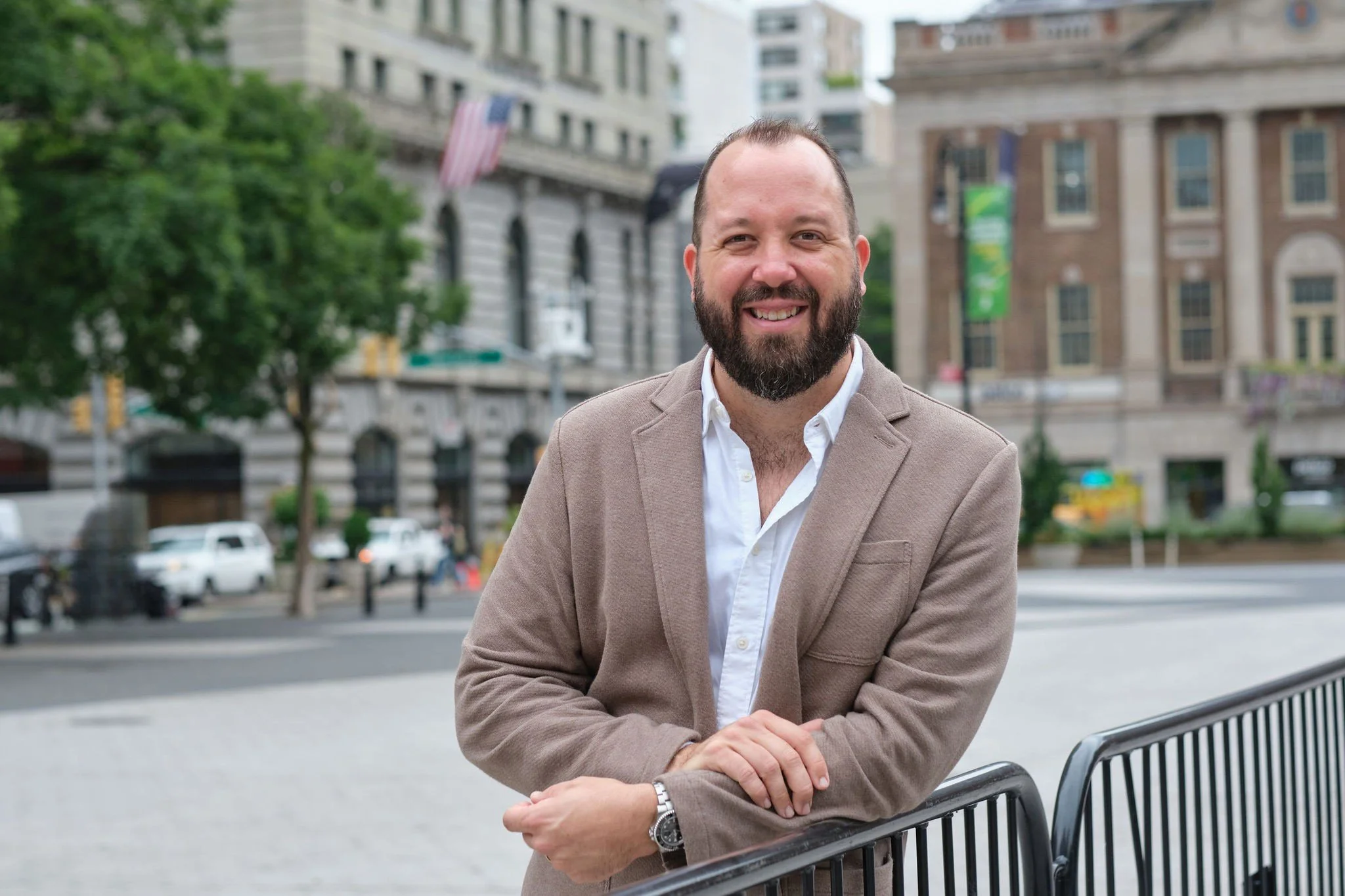Back In The Arena
Six months ago, I was living what many would call a perfect life. Three-time founder turned executive coach, angel investor, community builder, starting a family in NYC. By every measure, I should have been content.
Today, I'm back in the founder's seat, building a new team and raising capital to rethink a core part of the grocery industry, one which leaves millions of American families fighting to put food on the table.
So, what changed?
January 2025's inauguration crystallized something I'd been feeling for years. As I watched tech CEOs line up to kiss the ring, I saw how far they'd drifted from their origins. The very people who built fortunes promising to democratize technology were cementing themselves as oligarchs, worlds apart from the everyday people they once claimed to serve.
I thought of Theodore Roosevelt's "man in the arena"—the one who "strives valiantly" and "spends himself in a worthy cause." I realized I couldn't keep thought-leading from the sidelines. The most important problems affecting the most vulnerable Americans won’t be solved by some out-of-touch ruling class.
Hard/Good Problems
Something that’s always frustrated me: most of the tech industry’s brightest minds are stuck building better CRM integrations, AI video apps, or collaboration tools. These aren't bad pursuits, but they're incremental improvements to systems that maintain the status quo. We've created a sophisticated economy where tech companies optimize digital experiences for one another while fundamental structures remain unchanged.
I often come back to Trae Stevens' framework and his admonition to choose Hard/Good quests over Easy/Good ones. The hard problems are where repeat founders and smart money should be focused, but rarely are.
For me, that means returning to something I first started obsessing about in 2013: the grocery industry and its entrenched inefficiencies, which cost the most to those who can afford the least. After early success serving hundreds of thousands of families, we were met with devastating events and then a pandemic; my first attempt ended in failure.
However, my past three-year deep dive into AI research and early indications of its future, paired with the urgency of this moment, have reignited my imagination for what is still possible.
I started 2025 thinking there was no way I'd start something new this year. My firstborn is due this summer, and my mom is fighting Alzheimer's. But it was being caught between the polarity of life's most profound moments that made me acutely aware of the privilege of providing for family in every season.
Building the Solution
My cofounder and I have raised over $1 million in the past 40 days to address a fundamental challenge facing 100,000,000 Americans: how to have more control and less financial worry when feeding their families.
I've spoken to over 100 investors in that time, and I am thrilled by the caliber of those who saw why this mission called me back into the arena. We're supported by investors who risk capital for visions of futures that should exist, not just ones that obviously will.
In this compressed era where AI will accelerate decades of progress into years, we need founders willing to see ten-year problems and solve them in five. In the short time since returning to the founder's seat, I've realized how much I’d missed building that future, and there's nothing better than doing it alongside others who feel the same call.
If we visited a thousand grocery stores, we’d hear a thousand stories across the aisles of real challenges and daily struggles. Worthy of building solutions around. Worthy of our time and our effort. Worthy of heading back into the arena.
Grocery, so hot again. 🛒🔥
-Andy
If this resonates:
We're growing our AI-first consumer technology company in New York City, looking for builders who iterate quickly but commit deeply. People who are inspired by the challenge of serving 100 million American families.
Finally, if you're an investor who backs visions of futures that should exist, we're building in public and would love for you to keep tabs on us. We need capital partners who envision success in decades, not quarters.


